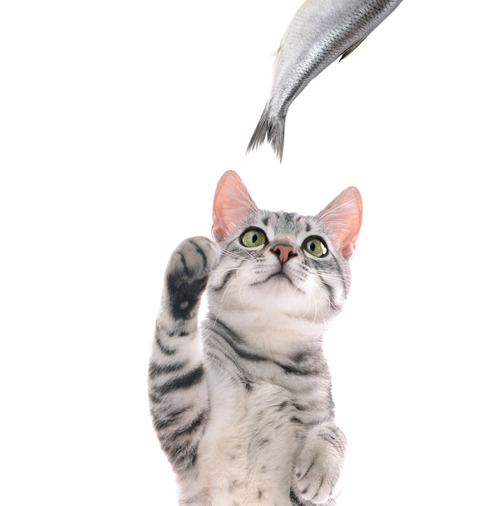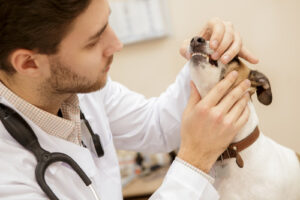Many cat owners are familiar with the image of a cat happily munching on a fish. While it’s common to think of fish as a natural part of a cat’s diet, it’s important to question whether raw fish is safe for them. This blog will explore the risks and considerations associated with feeding raw fish to cats, as well as provide some safer alternatives for those looking to treat their cats. For specific dietary recommendations or to address any concerns about your cat’s diet, call Park Veterinary Hospital in Fort Lauderdale, FL at (954) 561-8387 or request an appointment online.
Risks of Feeding Raw Fish to Cats
Potential for Parasites
One of the primary concerns with feeding raw fish to cats is the risk of parasites. Fish such as salmon can carry parasites that are harmful to cats if not properly treated. Consuming infected fish can lead to conditions like salmon poisoning disease, which is potentially fatal if not treated promptly.
Thiamine Deficiency
Raw fish contains an enzyme called thiaminase, which breaks down thiamine (vitamin B1). Thiamine is essential for your cat’s nervous system and energy metabolism. A lack of thiamine can lead to serious health issues, including neurological problems and convulsions.
Other Health Risks
Raw fish can also be a source of bacteria and toxins that could be harmful to both pets and humans. Contaminants like heavy metals or pollutants found in water bodies can accumulate in fish, potentially leading to health issues over time.
Safe Alternatives to Raw Fish
Commercially Prepared Fish-based Cat Foods
For those who want to include fish in their cats’ diets, commercially prepared cat foods that contain fish are a safer alternative. These foods are formulated to meet all of your cat’s nutritional needs and are cooked to eliminate any harmful parasites or bacteria.
Cooked Fish Options
If you prefer to prepare fish at home, thoroughly cooking the fish is a safer choice. Cooking destroys the harmful enzymes and parasites that can affect your cat’s health. Stick to plain fish without any added oils, seasonings, or salts that can be harmful to pets.
How to Safely Introduce Fish into Your Cat’s Diet
- Consulting with Your Veterinarian: Before introducing any new food, including fish, into your cat’s diet, it is advisable to consult with your veterinarian. They can provide guidance based on your cat’s specific health needs and dietary requirements.
- Gradual Introduction: When introducing cooked fish, start with small amounts to see how your cat reacts. Monitor for any signs of gastrointestinal upset or allergic reactions, which can include vomiting, diarrhea, or itchy skin.
- Choosing the Right Fish: Some fish are safer and more beneficial than others. For example, cooked salmon or tilapia can be a good source of omega-3 fatty acids, which are good for your cat’s coat and skin health. Avoid fish high in mercury like tuna or swordfish.
Navigating Fish in Your Cat’s Diet
While cats may enjoy fish, raw fish carries significant risks that can impact their health. It’s always best to opt for safer, vet-approved options like commercially prepared cat foods or properly cooked fish. If you have any questions about the best diet for your cat, or if you notice any adverse effects after eating fish, contact Park Veterinary Hospital in Fort Lauderdale, FL, at (954) 561-8387 or request an appointment online. Feeding your cat safely is essential to maintaining their health and happiness.






